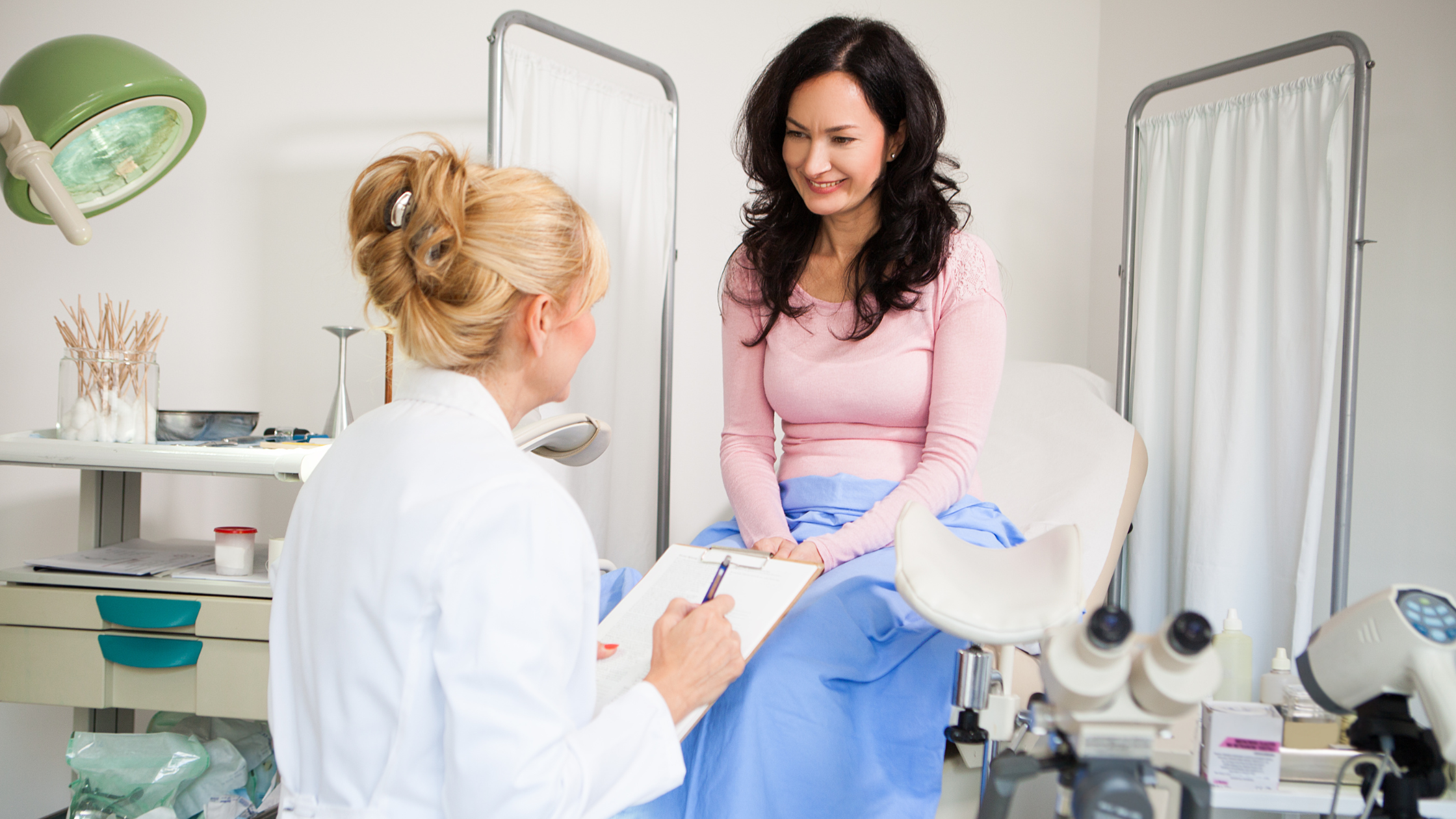Have you ever wondered when is a good time to bring up your period cramps? The answer is at your next gynecologist visit! We can help you determine if your cramps are abnormally severe by discussing all etiologies of pelvic pain. Together, we can review a list of questions to determine if you have/suspect endometriosis.
Did you know that the average woman waits seven years to get diagnosed?
Endometriosis is a condition commonly found in reproductive-aged women, sometimes diagnosed in the teenage years or during an infertility workup. It occurs when the glands inside the uterine lining grow abnormally on the organs within the pelvis, on the surfaces of ovaries, tubes, the uterine wall, or the surrounding areas like bowel and bladder surfaces.
As those glands respond to cyclical hormone changes every month, they cause inflammation and scarring. The scarring may affect the normal functions of the pelvic organs.
Sometimes, this presents as pelvic pain or severe period cramps, and other times, it shows as painful intercourse. Some women have painful urination or bowel movements around their periods. Other women are asymptomatic.
Ask your doctor about endometriosis if you have any of the following symptoms:
- Pelvic pain
- Painful sex
- Trouble getting pregnant
- Painful periods or heavy periods
- Cramps with ovulation
- Pain around your period when you are using the bathroom
- Bloating
Although we can suspect endometriosis from your history, physical exam, or even your ultrasound findings, we cannot definitively diagnose it until we do a laparoscopy, which is a type of minimally invasive surgery.
This is a diagnostic and therapeutic procedure in most cases, as it can identify scarring and endometriosis implants and allows the doctor to separate the scar tissue, burn or excise the endometriosis implants, and restore normal pelvic anatomy.
We can also discuss if hormonal medications are proper for you. Some people use birth control pills, hormone blockers, or particular medications to treat endometriosis pain.
Each treatment has positive and negative aspects, and we use shared decision-making with all our patients to pick the most comprehensive outcome for their care.
Are you ready to start talking about your period cramps? Contact your Metro doctor to get started, or schedule an appointment online.

